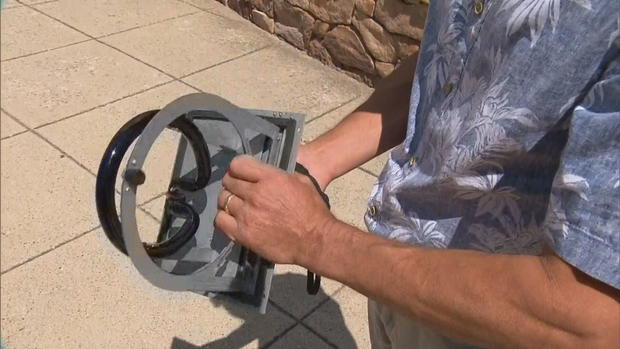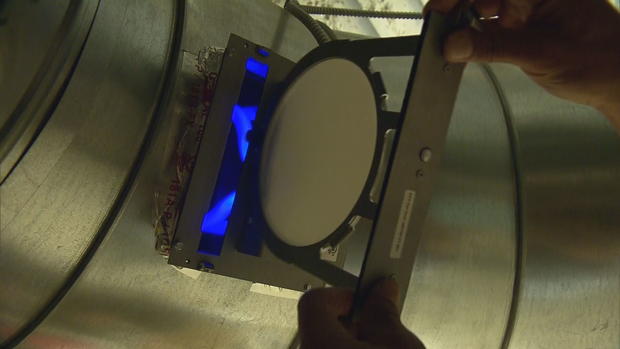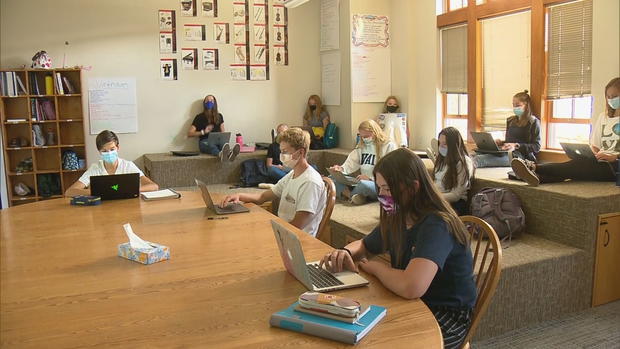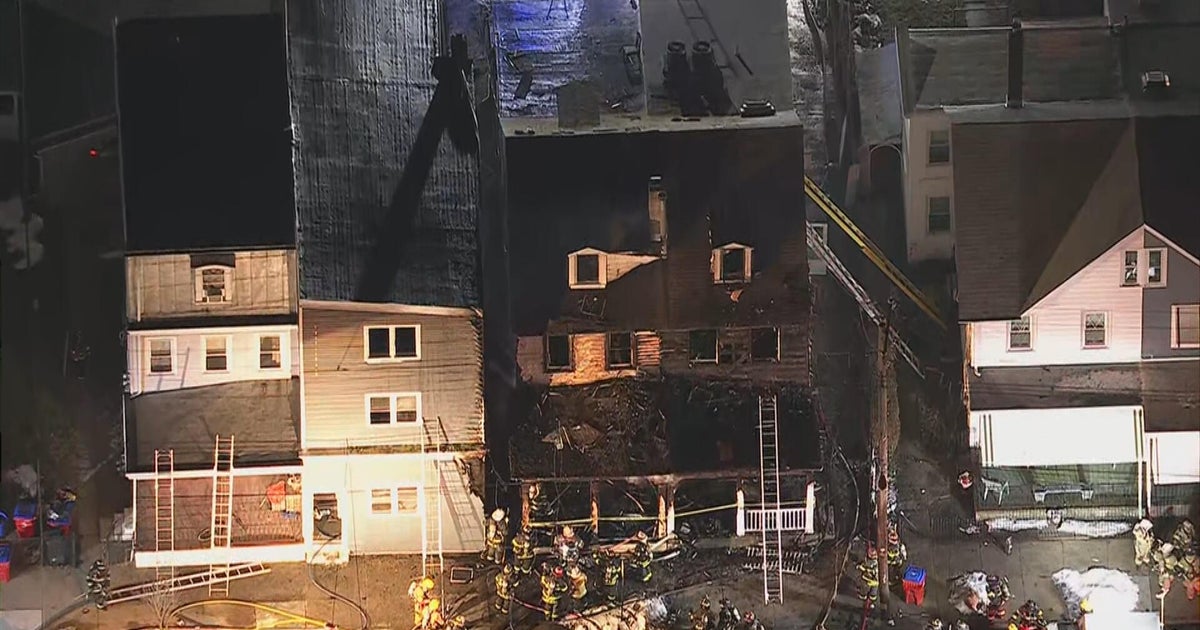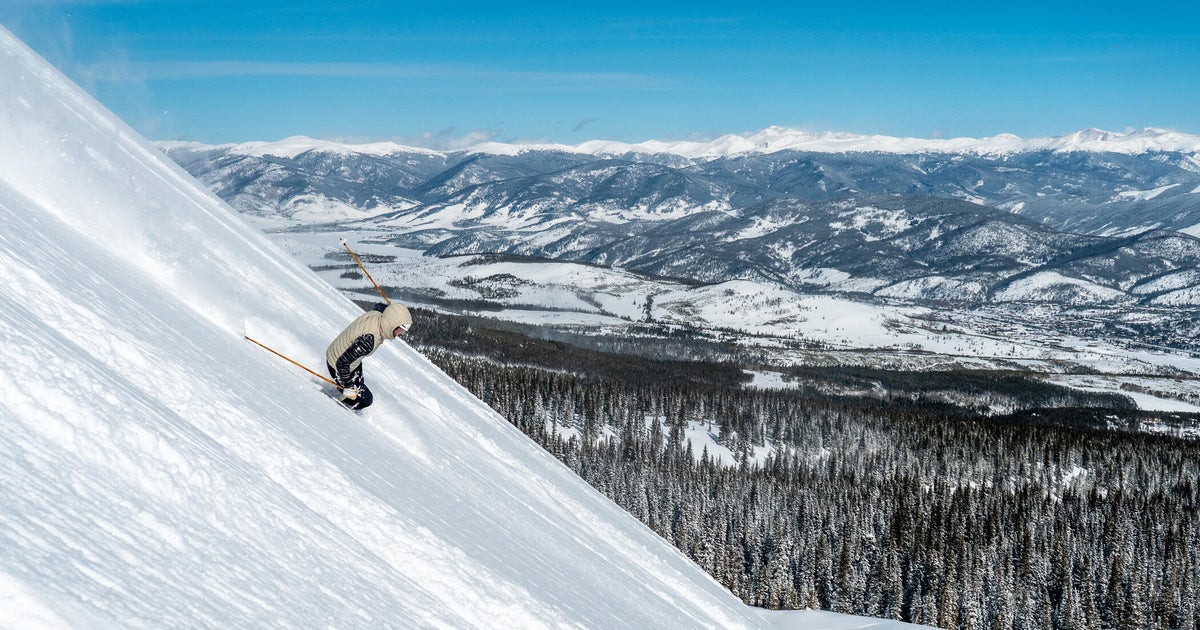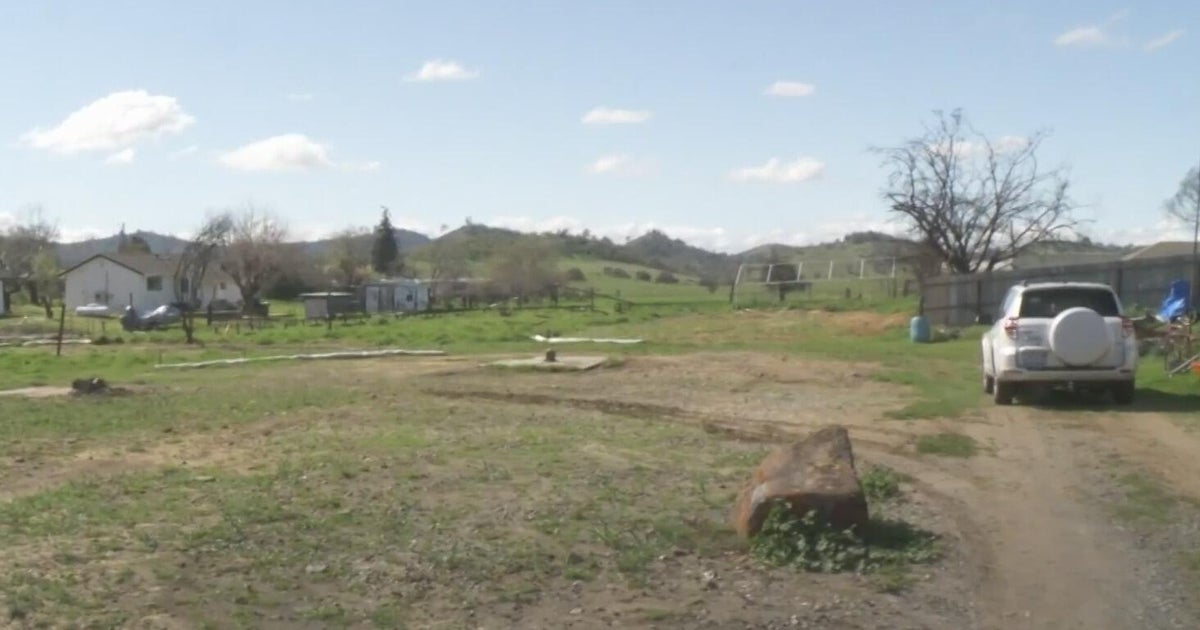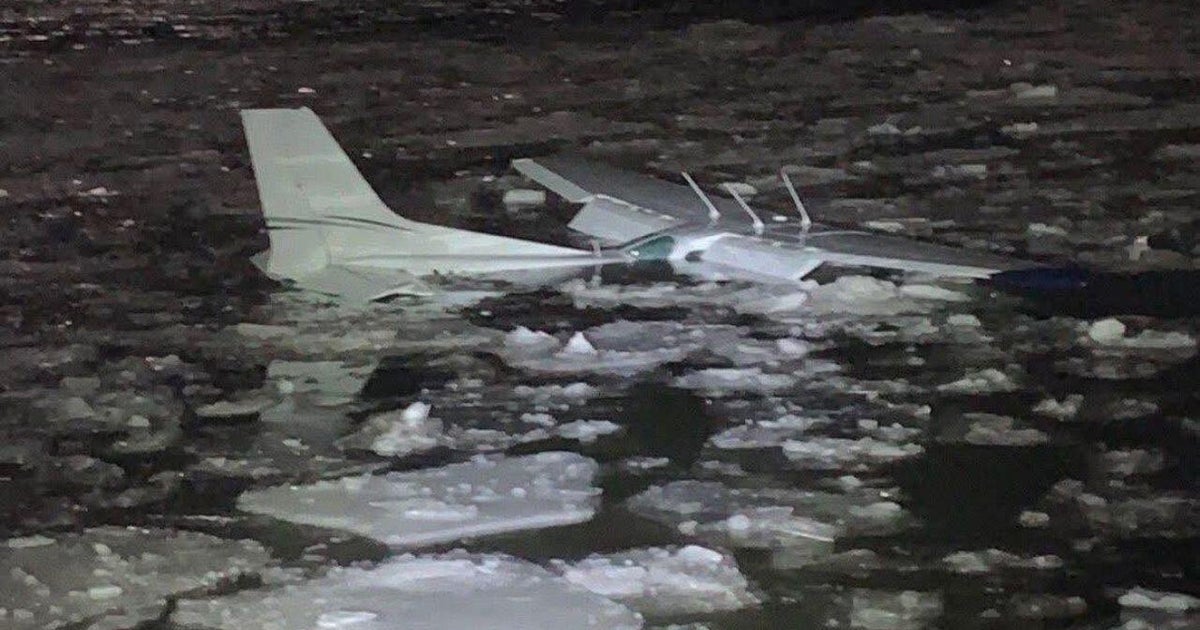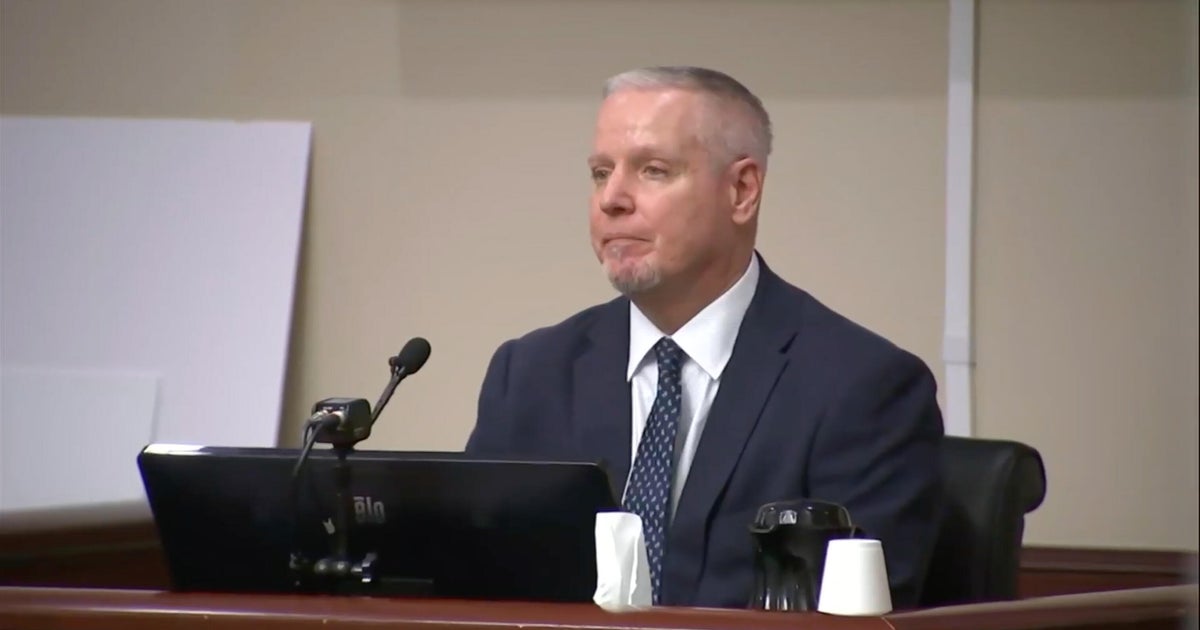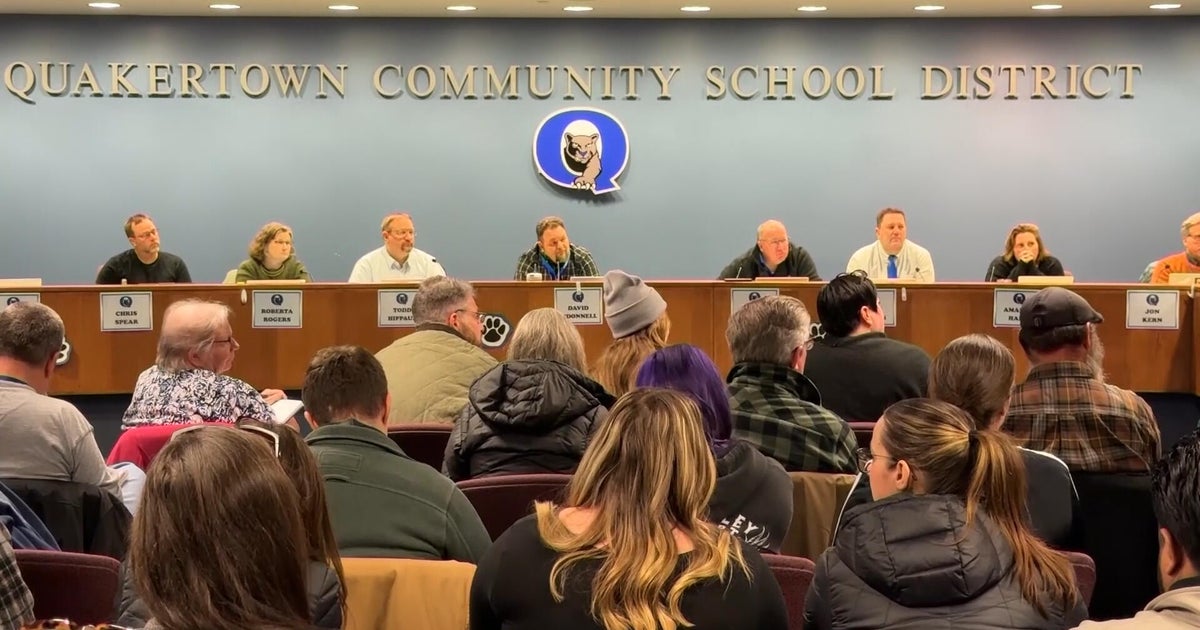Vail Mountain Schools Installs High-Tech Disinfection System Ahead Of In-Person Learning
VAIL, Colo. (CBS4)- Vail Mountain School began its first full week of in-person leaning Monday. The school administration hopes the high-tech disinfection system installed over the summer will minimize the spread of COVID-19.
"Eighteen months ago, we weren't as motivated, so to speak, to put in this kind of investment. Obviously, with COVID, everything changed," said Mike Imperi, Head of Vail Mountain School.
Imperi said the company, Synexis, approached the school. After a deep dive into how the technology worked and the results it produced, the school decided it was worth the investment.
"We looked at the science very closely and that's when we realized the time is now, and I almost felt like I would've been remiss if I didn't purchase it," said Imperi.
Synexis, based in Kansas, has been in business since 2001 and is the sole developer of the process, which uses oxygen and humidity to create Dry Hydrogen Peroxide- the company's patented technology.
Vail Mountain School was the first school in the state to install it. Synexis said it's now working with four other schools in Colorado to do the same.
Imperi, alongside the middle and upper-school's director of admissions, Jeremey Thelen, agreed to take CBS4 into the basement and show us the upgraded HVAC system.
Thelen pulled a small disc, what he called a sail, from the HVAC. Behind it there is a UV light.
"We have 86 of these installed into our HVAC system," Thelen continued, "The sail, when activated with the UV light, it's going to create a Dry Hydrogen Peroxide, which is then entered into HVAC system and it's going to cover surfaces as well as the air."
The Dry Hydrogen Peroxide tech has been proven to reduce viruses, bacteria and fungi and can get into hard-to-reach areas, not normally touched with intermittent cleaning.
In Vail Mountain School, Synexis did two baseline tests, one prior to installation and one after, showed a reduction of microbial particles by 93%.
While it doesn't guarantee students and staff will be safe from the coronavirus, for Imperi, it's reassuring. He says the school has created what feels like a "hygienic bubble."
It's not cheap. The cost to the school was six figures but Imperi didn't want to elaborate.
"If we can lower regular flue rates and regular cold rates and now the transmission of the COVID virus, then it was a no brainier decision for us."
Eagle County Schools Communications Officer Dan Dougherty told CBS4 that while the technology sounds great, it goes beyond what the HVAC industry and CDC guidelines recommend. In addition, due to the pandemic, Eagle County, along with many others districts, face budget shortfalls in the millions. While he's interested, there are 18 schools in Eagle County and it's not likely within the realm of possibilities.
CBS4 asked Synexis if it would make considerations for schools that couldn't afford the system at cost, in an email the company responded: "One thing that really makes Synexis stand out is our ability to customize a solution for a client's unique needs. Our team works with each customer to analyze their space and determine what devices would benefit that specific facility. We work with each customer to help them create a plan that achieves their microbial reduction needs, provides the proper installation support, meets their timeline, and works within their budget."
Whatever the costs, Synexis has a proven track record. When the Town of Vail saw what the Vail Mountain School was doing, it signed up.
By mid-October, the technology will be installed in all town-owned buildings (including those leased by Vail Recreation District and Children's Garden of Learning) plus 32 buses. Vail says installation will cost $188,000, with an annual maintenance fee of $75,000 per year.
Synexis says the technology is currently being studied for its impact on the coronavirus but says that data is not available yet.
